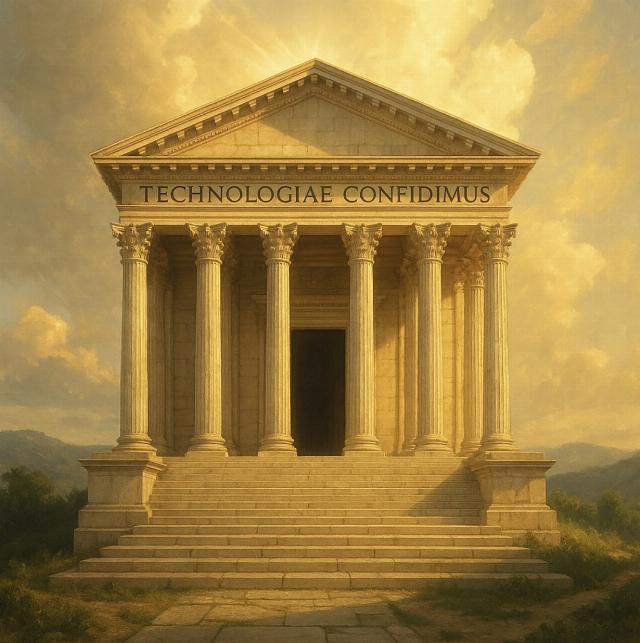In technology, we trust
The recent American Thinker article, The Looming Energy Crisis in the US, along with comments that it spawned, got me thinking about how some readers viewed the solution to our current power grid crisis as a technocratic fix. The idea seemed to surface that if only we stripped authority from legislatures and entrusted decision-making to a technocratic class of engineers, rationality would be restored. That belief is naïve to say the least. For starters, it was a class of technocratic experts that got us into this mess. Self-anointed scientific experts started pushing the global-warming narrative in the 1980s, then later, engineering experts jumped into the fray devising net zero schemes. In most cases, legislators were glad to shirk decision-making responsibility and defer judgement to our technocratic expert class.
Lately, there are less among us that unreservedly trust the experts. Why would those in the fields of science and engineering be immune to crazes and manias that inflict society as a whole? Scientists and engineers are people with their own political positions, and many have been enthusiastic about using their status to promote their political positions. Scientists are also acutely and cynically aware of the ignorance of non-scientists and the fear that this engenders. This fear leaves the politicians and others particularly relieved by assurances that some theory or solution is trivially simple and that “all” experts agree.
Over the last three years, I have had extensive discourse with experts in the field of net-zero engineering, and I can attest to the fact that political bias and professional aloofness are traits inherent in most of them. These are not stupid people. They are clever and resourceful at rationalizing most anything to align with their argument. They also approach a problem with not only a bias but certain axiomatic beliefs.
I remember one lengthy discussion with a gentleman from the British Royal Society who grasped quite well engineering tradeoffs, and admitted to me that the Society had taken “shortcuts” in reaching its conclusions. He seemed very open-minded until I touched on the question of justification for net zero. On that issue, he was as intransigent and close-minded as a Jesuit confronting a pagan savage. Moreover, he seemed to be as blissfully ignorant of many of the facts surrounding the debate as a teenage girl, trusting solely in what he viewed as the judgement of other experts. It was personal interactions like the one that I describe that have drawn me to some sobering conclusions about the expert class. So, when someone promotes entrusting decisions to scientists and engineers and not the politicians, I must ask them, “Which scientists and engineers, and what am I to trust them with?”

Image generated by ChatGPT.